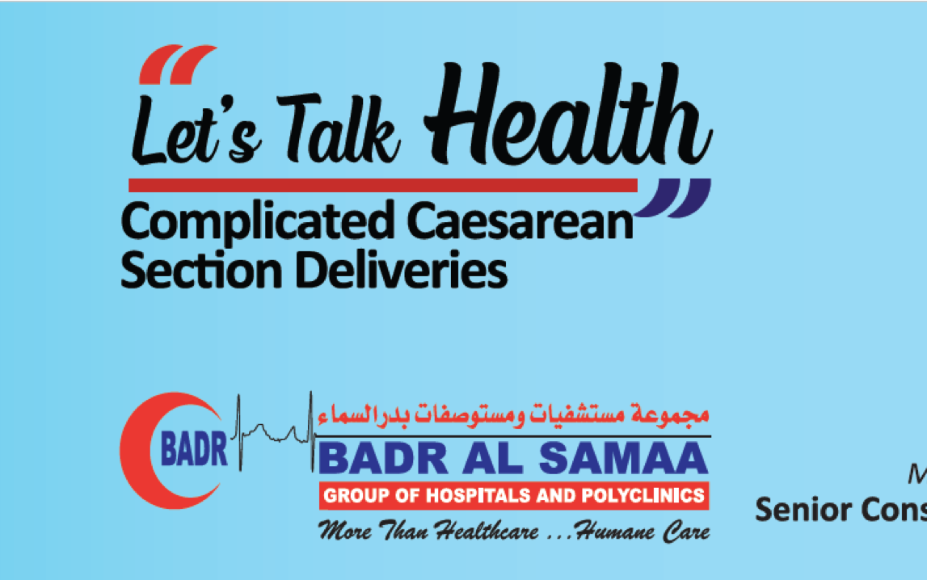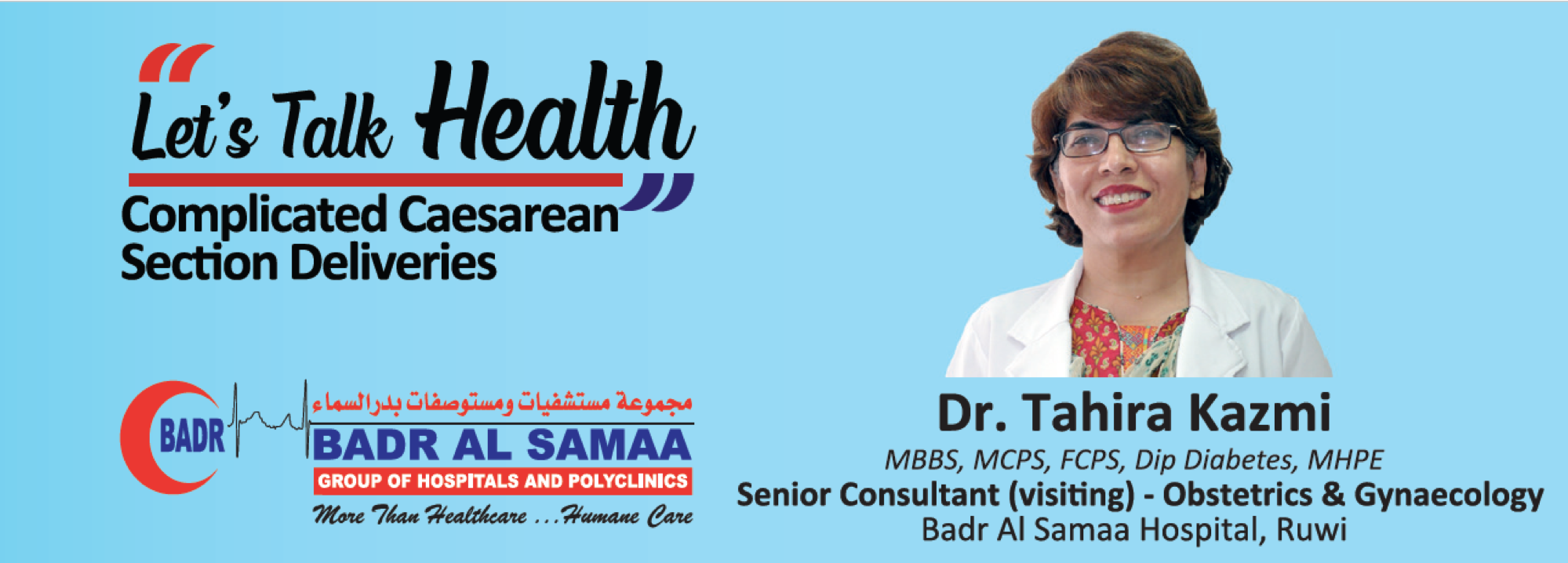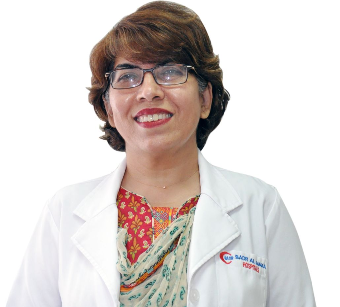
 Request An Appointment
Video Consultation
Request An Appointment
Video Consultation

On 15 JANUARY 2022 | BE AWARE

Complicated Cesarean Section Deliveries
Cesarean Section or C-Section deliveries at many instances are considered as safe and easy alternatives to complicated vaginal births. There are various circumstances where C-Section deliveries are considered by obstetricians. After having multiple cesarean deliveries Cesarean Sections become necessary. Maternal request for C-Section is a frequently growing non-medical factor in many parts of the world.
However, there are situations which arise before delivery, where delivery of a fetus may become difficult and risky. Such situations cause maternal and fetal complications. Intense advance planning becomes important to avoid any mishap. A good team of obstetrician, anesthetist, neonatologist and OT technicians and nurses needs to be mobilized. Proper skills are needed to deal with such situations for safe delivery of the fetus.
What is Cesarean Section Delivery?
The Cesarean Section or C-Section is a surgery which an obstetrician carries out by opening up the mother’s abdomen and uterus.
Why are Cesarean Sections Performed?
This decision depends upon various health issues a mother and baby is facing, some of the common reasons are:
• If the first 2 deliveries have been by c/s, then subsequent ones must be by C-Section.
• If mothers are infected with HIV or Herpes, there are major changes that they get transferred to the baby via vaginal birth.
• Under some co-morbidities like big babies of diabetic mothers and high blood pressure, C-Section is preferred.
• Opting to C-Section in case of any complications while performing vaginal delivery.
• Wrong position of baby, large size of baby, birth defects and irregular heartbeats in baby.
• Placenta may be blocking the cervix.
• Placenta may separate from the uterus.
Complicated Cesarean Section Deliveries
The reasons for performing C-Sections may be complex and varied but as a procedure it is safe and simple which ensures healthy delivery.
But, there are instances and medical conditions where Casarean Section deliveries become complex and challenging. These complex Cesarean deliveries are carried out by skilled and experienced obstetricians with utmost planning and fully fledged operating environment with back-up of critical care. Enough emphasis is given on safety and wellbeing of both mother and baby.
What are the various complications in Cesarean Deliveries?
Placenta Accreta: It is a high-risk pregnancy complication. In normal circumstances placenta detaches from the uterine wall after childbirth. But in placenta Accreta, part or all of the placenta remains attached to the site of previous scar in the uterus. This can cause severe blood loss after delivery. It is one of the complications of placenta previa and is handled by removal of the uterus (hysterectomy).
Adhesions of Urinary Bladder and Gut: The adhesions are bands of fibrous scar tissue that form on organs in the abdomen. They can cause organs to stick to one another or to the wall of the abdomen. In multiple C-Sections the development of post-Cesarean adhesions are commonly found. This leads to many complications like bladder injury, bowel obstruction, and increased blood loss. It should be handled by an experienced obstetrician during surgery.
Ruptured Uterus: It is rare but it happens if women try vaginal delivery after two cesarean sections. This can cause severe bleeding in the mother and can suffocate the baby. In such cases next vaginal delivery is totally avoided and C-Section is opted under high risk conditions with utmost planning.
There are many other conditions under which the Cesarean Section becomes complex. Proper workup and advanced planning is of utmost importance to deal with such complex cases. With the clinical acumen of skilled obstetricians and advent of technology, complex C-Sections are performed with high success rate.
What things should we keep in mind after Cesarean Section Deliveries?
It takes four to six weeks to recover from C-Sections, in case the C-Section is a complex one the time to recover will go up. But with proper care and follow-up a mother can get back to normal condition with ease. One can do gentle exercises like walking but more intense exercises should be avoided till you are completely recovered and don’t feel any pain. Have a balanced diet; a dietitian will give you a diet chart. Make scheduled visits to your doctor. Medical attention should be inevitable if you have pain when you pass urine, if your pain is getting worse, if your tummy area feels sore or tender, or you have an upset stomach, if your wound is red, swollen or painful, if you have a high temperature, if vaginal bleeding is still heavy after a week or gets heavier.
About Dr. Tahira Kazmi
Dr Tahira Kazmi is Senior Consultant (visiting) at Badr Al Samaa Hospital, Ruwi and works as full-time senior consultant at prestigious Khoula Hospital, Ministry of Health. She is highly qualified and has over 30 years of outstanding experience. She is an expert in the management and treatment of high risk pregnancies with complications of recurrent miscarriages, diabetes, hypertension and obstetric history. She successfully deals with ectopic pregnancies, early pregnancy loss, previous intra-uterine fetal death, pre-term labor.
For more information and appointments please call 24799760 or visit: www.badralsamaahospitals.com

Dr. Tahira Kazmi
MBBS, MCPS, FCPS, Diploma in Diabetes (Leicester, UK), MHPE (Netherland)
Senior Consultant

​This fictional story seeks to answer the mo...

​Common skin problems like acne, wrinkles, a...

Twelve year old Riya* was a loner. She didn’...

What is Nipah Virus Infection?The Nipah Virus (NiV...